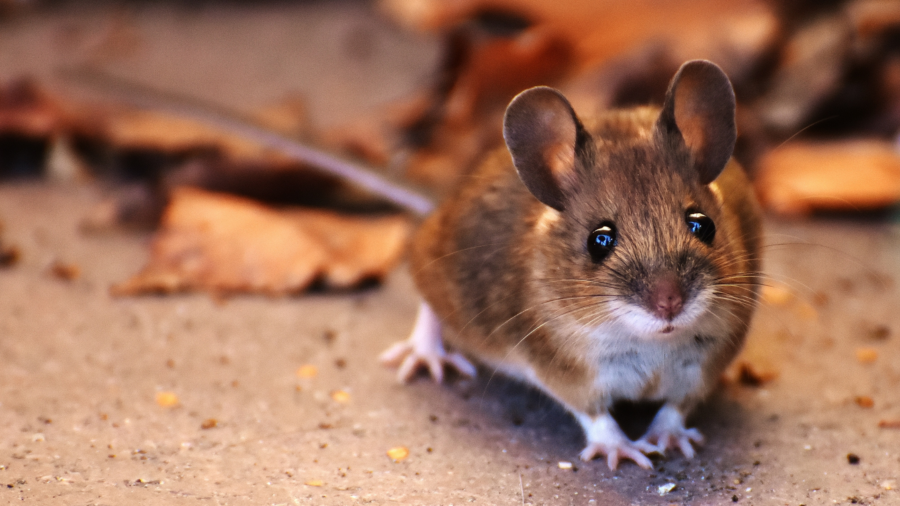Every superhost knows that maintaining a pristine and inviting space is crucial for ensuring guest satisfaction. A critical, yet often overlooked aspect of hosting is effective pest management. Whether you're managing an Airbnb or any short-term rental, keeping your property free from pests is essential to maintaining your reputation and ensuring a seamless guest experience. In this article, we will delve into the strategies and secrets of pest management tailored specifically for superhosts.

The Importance of Pest Management for Superhosts
For superhosts, the presence of pests can be more than just a minor inconvenience; it can lead to negative reviews and a tarnished reputation. Guests expect a clean, comfortable environment, and encountering pests can quickly dampen their experience. Effective pest management is not just about reacting to infestations but also about implementing preventative measures to ensure they never happen in the first place.
Understanding Common Pests in Rental Properties
Knowing the types of pests that are most likely to invade your rental property is the first step in pest management. Common pests include:
- Bed Bugs: These tiny insects can cause significant discomfort and are notoriously difficult to eradicate. They are often brought in by guests unknowingly.
- Rodents: Mice and rats are attracted to food scraps and can cause structural damage.
- Ants: These pests are often drawn to food and can quickly become a nuisance.
- Spiders and other insects: While many are harmless, they can still unsettle guests.
Implementing strategies to prevent these pests can save you time, money, and potential guest complaints.
Proactive Pest Management Strategies
Being proactive is key to effective pest management. Here are some strategies superhosts can implement to keep their properties pest-free:
Regular Inspections and Maintenance
Frequent inspections are essential. Check for signs of pests regularly, and ensure that all potential entry points, such as cracks and crevices, are sealed. Regular maintenance of your property, including trimming back vegetation and keeping outdoor areas tidy, can also deter pests.
Implementing Pest-Resistant Landscaping
Consider landscaping choices that naturally deter pests. For instance, certain plants like lavender and mint can repel insects. For more tips on creating a bug-repellent landscape, check out bug repellent landscaping tips.
Proper Waste Management
Ensure that all waste is stored correctly and disposed of regularly. Use sealed bins to prevent pests from being attracted to garbage, and ensure that your property has a clean, odor-free environment.
Advanced Pest Control Measures
Sometimes, despite your best efforts, professional intervention may be necessary. Here are some advanced measures to consider:
Hiring a Professional Pest Control Service
If you notice signs of a pest infestation, it might be time to call in the professionals. They have the expertise and equipment necessary to deal with infestations effectively and can offer advice on preventing future occurrences.
Utilizing Technology for Pest Detection
Consider investing in technology that can help detect pests early. Devices like electronic rodent traps or ultrasonic pest repellers can be effective in managing pests. For more ideas on how to manage rodents, explore DIY rodent control ideas.
Conclusion: Ensuring a Pest-Free Environment
For superhosts, maintaining a pest-free environment is integral to providing a stellar guest experience. Through regular inspections, preventative landscaping, proper waste management, and, if necessary, professional intervention, you can ensure that pests are kept at bay. By prioritizing effective pest management, you not only protect your property but also preserve your reputation as a superhost.
For more insights on keeping your Airbnb pest-free, visit how to keep your Airbnb pest-free.

FAQ
How often should I inspect my property for pests?
It's recommended to conduct property inspections for pests at least once a month, especially during peak rental seasons, to ensure early detection and management.
What are some natural pest repellents I can use?
Natural pest repellents include essential oils like peppermint and eucalyptus, as well as plants such as lavender and mint. These can be effective in deterring a variety of pests.
When should I call a professional pest control service?
If you notice any signs of infestation, such as droppings, nests, or bite marks, it's best to call a professional pest control service immediately to assess and handle the situation effectively.
